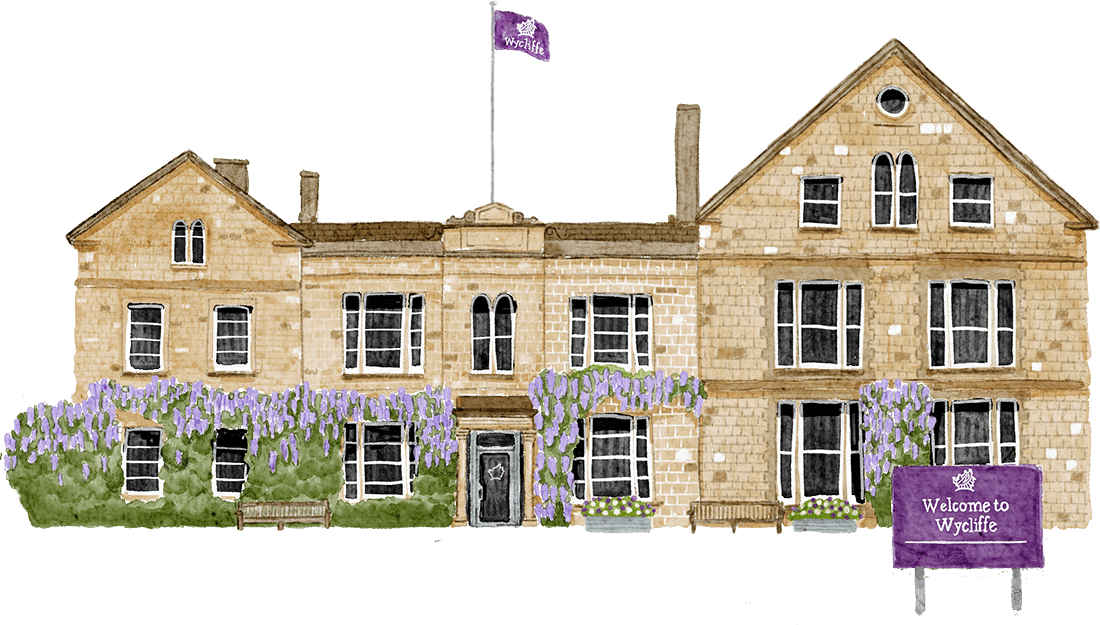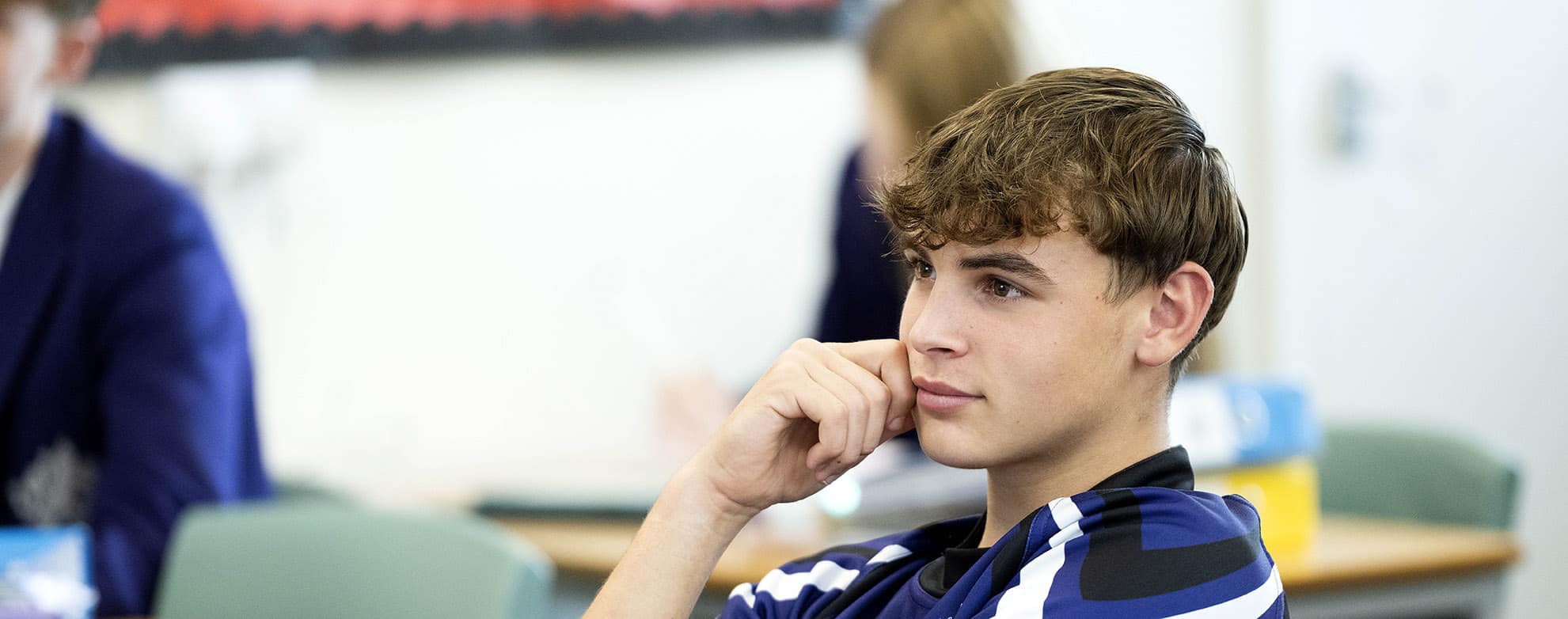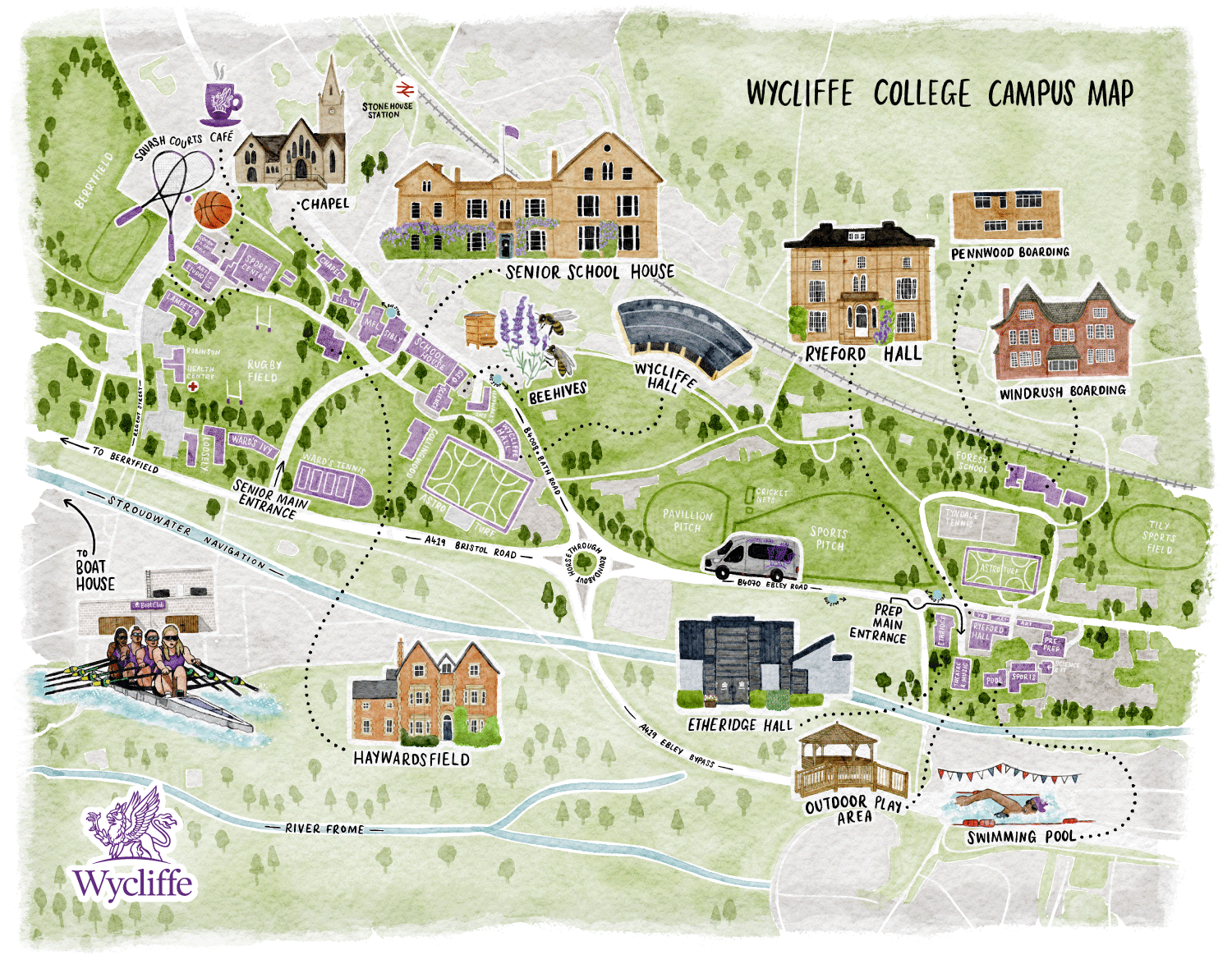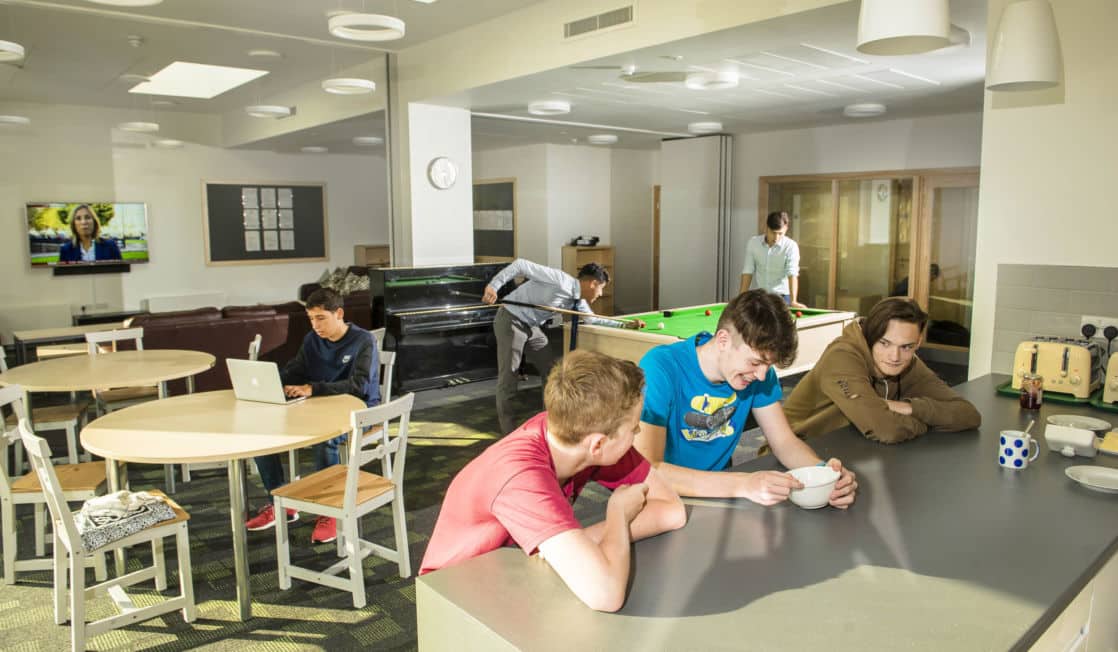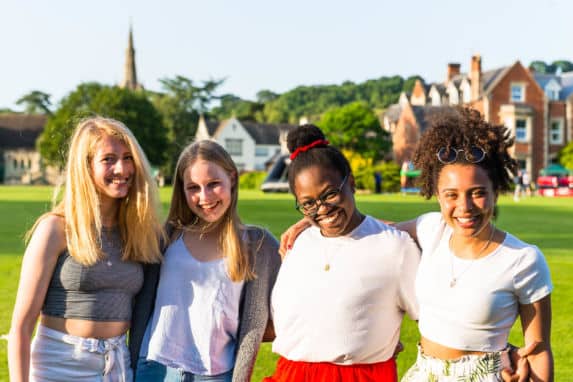Pupils are usually aged 13+ as a Senior in an independent school. This corresponds to Year 9, which is an important year in a child’s education where pupils embark on their GCSEs. Pupils stay in Senior School till Year 11, after which they can choose post-16 education.
Parents should apply for a place at state Secondary Schools around a year before the child is due to start. This date is usually around 31st October; however, dates and criteria may vary between councils. Applications for independent Secondary School places are open all year-round and may prove to be an option if your child doesn’t get a place at your first-choice school.
Choosing a Secondary School can be a challenge. As a first step, identify what you’re looking for in a school and importantly what you think your child needs, whether that be specialist sports coaches or enhanced pastoral care. Make a shortlist of schools to consider and match what is offered against your must-have criteria. Other factors to consider could include location, curriculum and, if you have other children, where they attend school. Always visit schools you’re considering as you’ll be able to get a far better feel for them in person, to ensure you’re making the right choice.
Costs can vary depending on whether you’re applying for a Full/Flexi-boarding or Day place. Schools often review fees on a yearly basis and will have a variety of payment options to support parents when planning their school fee commitment. Private schools also offer scholarships and bursaries for successful applicants. At Wycliffe, Scholarships are offered for entry at 13+ and Sixth Form.
More information on Wycliffe fees can be found by emailing us at: finance@wycliffe.co.uk
Changing schools is a big decision and doesn’t come without consequences. However, there’s a variety of reasons why this may need to be considered. This includes practical reasons such as moving house, or the school not offering the subjects your child wants to study, or emotional reasons, such as your child not being happy.
Find information on how to change Secondary School.
Sixth Form is a traditional route after Secondary School. Students can choose to study various qualifications such as A Levels or BTECs. Going to college may be another route, these are usually separate to a school and are less formal. Other children may decide to take a more technical route and choose a work study programme or apprenticeship. There’s a vast array of options for children post-16, so your child can make a decision on what is right for them and their future.
Private Secondary Schools offer a broad and balanced curriculum that covers traditional academic subjects and extra-curricular activities for an enriching education. At Wycliffe, we give pupils plenty of opportunity to try new subjects and, during Years 9 to 11, pupils have over 20 GCSE options to choose from.
